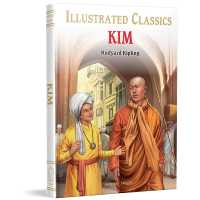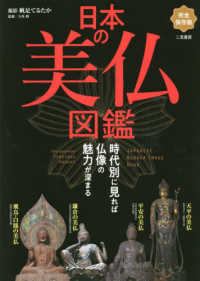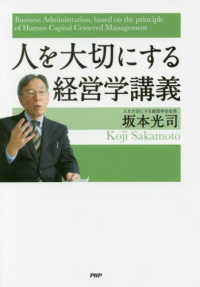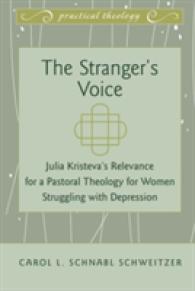Full Description
During the Enlightenment, people from the middling sort organised themselves into 56 patriotic societies in Denmark, Norway, and the German duchies of Schleswig and Holstein. The number of members totalled several thousand. They undertook educational and industrial reforms and participated in public debates on the need for social and political modernisation.
The founding of patriotic societies was a widespread European phenomenon and they played a key role in the Nordic Enlightenment. Yet, they have not been the subject of European or national studies before. Their emergence reflected that modern bureaucratic states were in the making, and that public administrative infrastructures and welfare institutions were expanding. These developments created a need to integrate citizens and imbue them with a spirit of community.
This monograph presents the first coherent investigation of the patriotic societies in a large, European multinational and multilingual realm. Its comparative outlook situates the intellectual and cultural developments in the Nordic countries as an integral part of the European Enlightenment. Furthermore, it offers new perspectives on tensions between patriotism, nationalism and universal values as they developed during the Enlightenment, as well as how freedom, the buzzword of the Enlightenment, implied new forms of discipline.
Contents
List of illustrations
(1) Introduction
Patriotism in the age of Enlightenment
Setting the scene: the Danish composite monarchy
Patriotism and enlightenment in the North
Historiographical overview: research in patriotism, the associational world and the public sphere
(2) Associations as fields of democratic practice
Associations in the long eighteenth century
Survey of the patriotic societies in the Danish composite monarchy
Economic societies
Societies for poor relief and philanthropy
Societies for education and enlightenment
The Royal Agricultural Society of Denmark
Early Norwegian societies
Denmark and Schleswig-Holstein: two waves of activity International influences
Cooperation with the absolute monarchy
The organisational structure of the patriotic societies
Conclusion: associations as new forms of communities
(3) Political ambitions
The form of state and the form of government
Patriotism as love for the paternal monarch
Contract theory
Freedom of speech and transparency in public affairs
Conclusion: the small society and the large society
(4) Patriotism as economic reform
Visions of economic growth
Economic protectionism
Manpower and raw materials
Arguments for economic freedom
Distribution of prizes
Spinning schools: a wonderful remedy for rapid enlightenment
Spinning schools in the Danish composite monarchy and in Northern Europe
Spinning as moral reform
Conclusion: economy of time as a strategy for economic growth
(5) Civilising the subjects of the state
General enlightenment
Enlightenment for citizens and for human beings
Libraries and reading groups
Schools
State reforms and private reforms
Conclusion: Enlightenment between emancipation and discipline
(6) The limits of patriotism: forging a bourgeois identity
Citizenship
Patriots and nobility: asceticism as a social distinction
Dannekvinde: patriotic notions of republican motherhood Danish, Norwegian and German identity
(7) Conclusion: the pragmatism of the Scandinavian Enlightenment
Patriotism and national identity
Bibliography
Index








